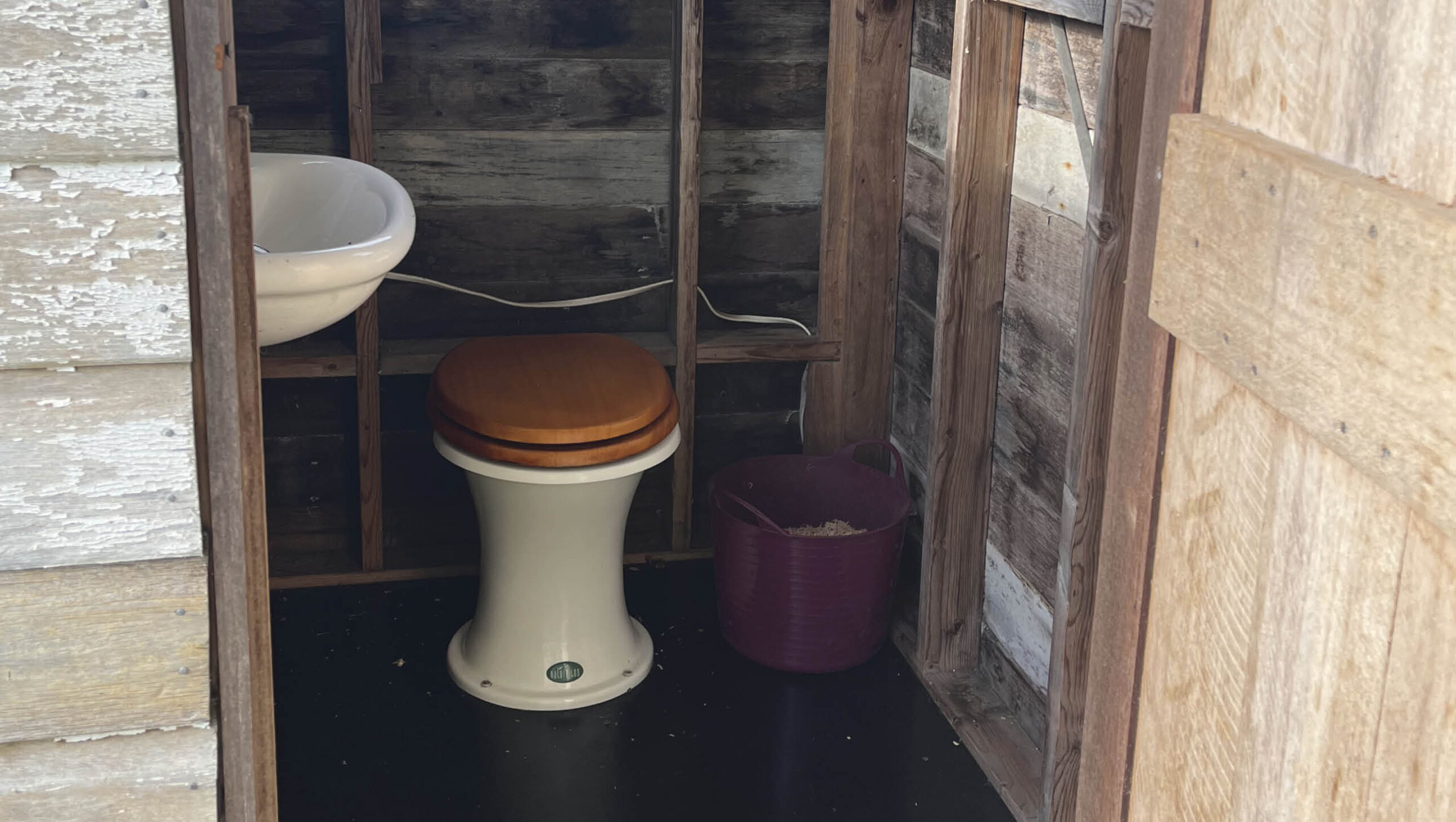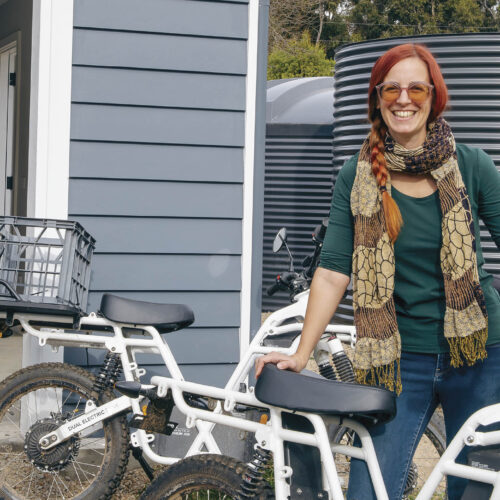Benefits of compost loos
2024-09-09T13:53:30+10:00
We answer some questions about compost loos, such as why would you want one? Let's start with a few basics.
If you are wondering whether compost loos work, I can from personal experience tell you that ours have been great. But let’s start with a few basics.
What are the benefits?
First of all, you’ll save a lot of water. A typical flush toilet for a family of four – based on each flush using between 3 and 11 litres, and each person going to the toilet an average of 35 times a week – uses up to 80,000 litres of water a year.
Compost loos use no water at all, not only reducing your H2O use, and the resources needed to produce that water, but also taking pressure off the sewerage system – or your septic tank.
These toilets also generally have pretty simple designs; not a lot can go wrong, and you won’t find yourself scouring online videos or calling a plumber to undo a blockage or fix a leak. Plus, you get compost.
What are the downsides?
Compost loos cost more than normal toilets: expect to pay from about $1000. (Though, having said that, make sure you also factor in the costs of connecting to sewerage for your normal loo.)
And you do have to manage the compost, including emptying and/or changing bins, which could be considered a downside if you’re not really into that kind of thing.
What about the smell?
Unless something is going wrong with the composting process, compost loos don’t smell. Because you add a bulking agent, the pile stays moist, rather than wet, and therefore smells less. Many toilets separate the wee from the poop (diverting it into a container or evapotranspiration trench), which also helps keep the pile on the dry side.
A ventilation pipe, often with a fan, also helps dry out the pile (and remove any smells) and aids aerobic composting (the non-smelly kind). Some manufacturers recommend adding a squirt of liquid enzymes to the mix every time you go to the loo, to make the composting process more efficient. We’ve never bothered.
One tip a friend gave us was to pee on the lawn or around a citrus tree. The less pee the loo has to manage, the better. Of course, depending on your situation, peeing outdoors may not be an option – or at least not a socially acceptable one. Treat it as optional, rather than mandatory.
There’s more more information about installing a compost loo in the Autumn 2024 issue (OG 148), and plenty of other ideas, too, if you subscribe.







